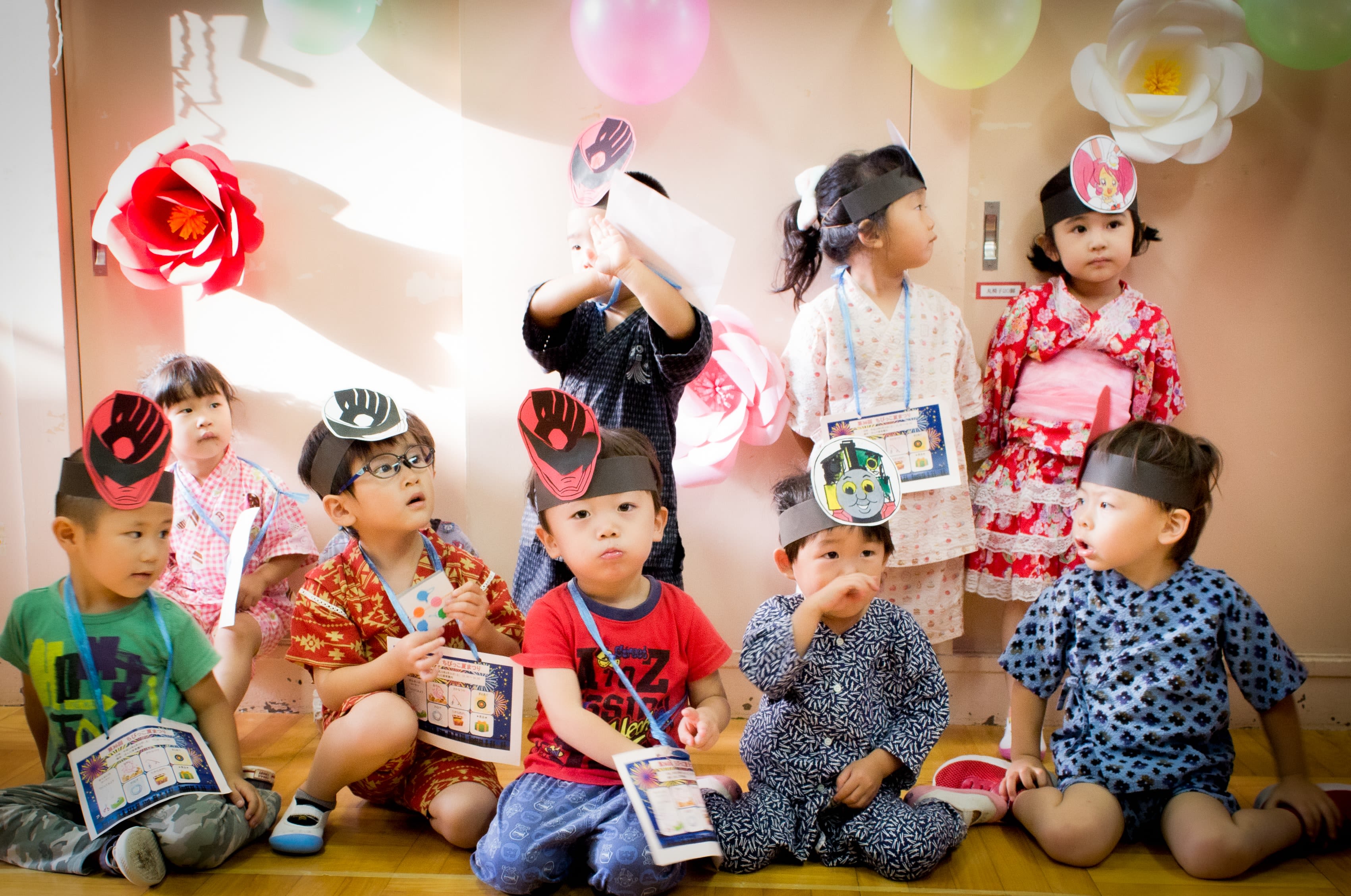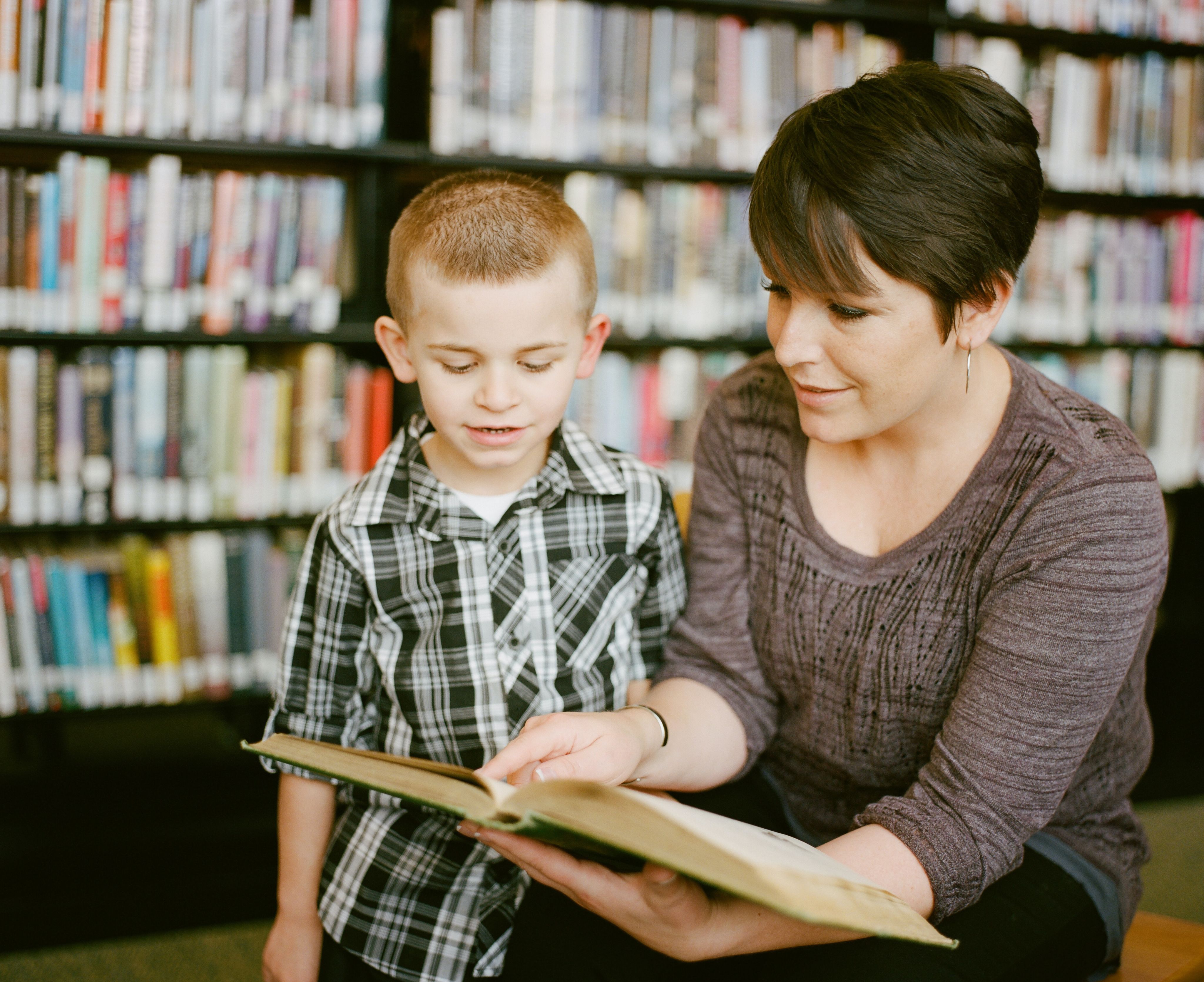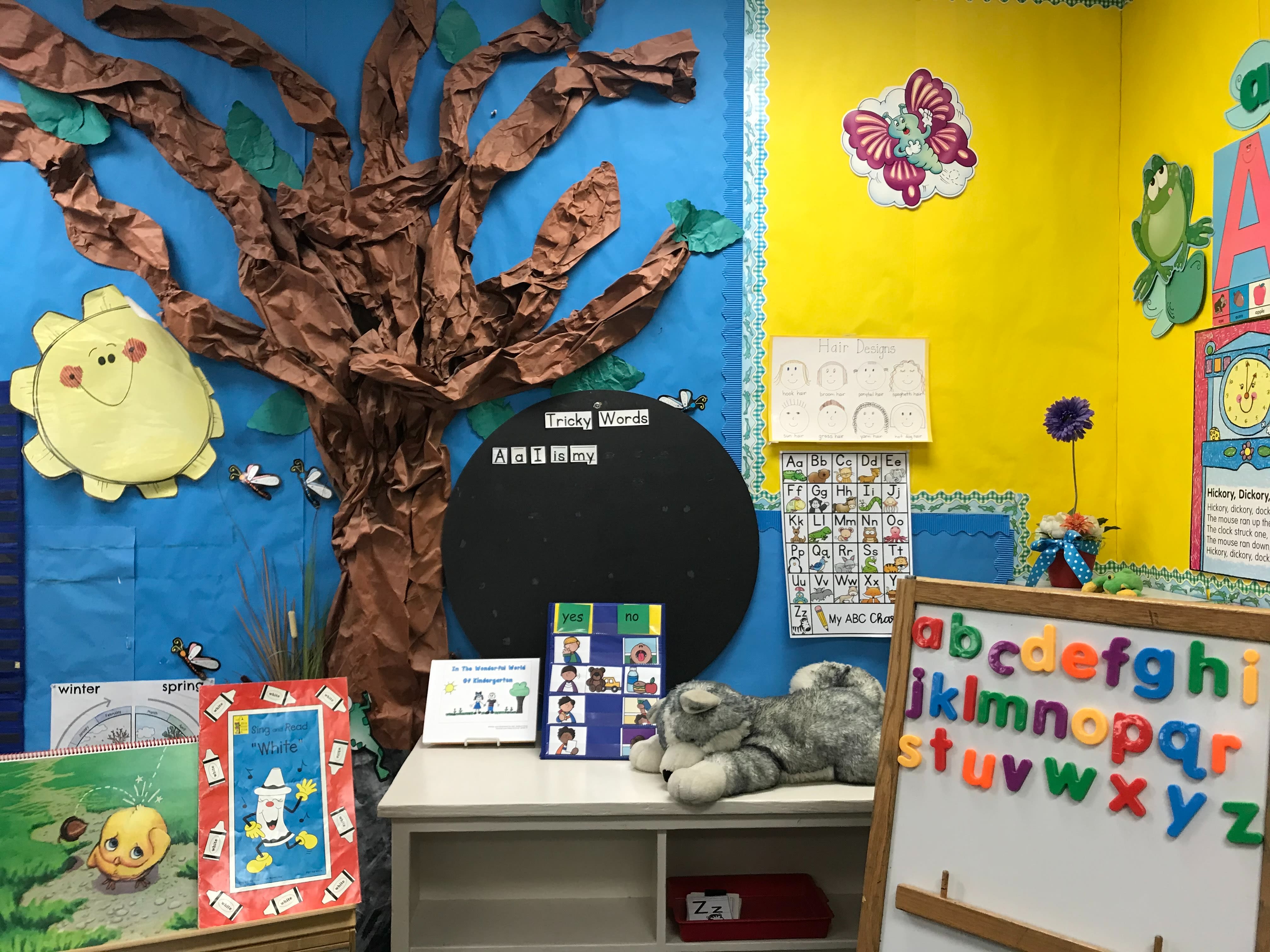Teaching with Heart: Nurturing Emotional and Social Skills

In today’s fast-paced, achievement-focused world, it’s easy to focus solely on test scores, reading levels and academic performance. But for young children, emotional and social development is just as important, if not more so. The early years are a critical time for children to learn how to manage emotions, build relationships, resolve conflicts and develop empathy.
This is where teaching with heart comes in. It’s an approach in early childhood education that focuses on nurturing the whole child, not just cognitively, but emotionally and socially. When teachers teach with heart, they create safe, supportive environments where children feel seen, heard and valued. And that’s where real learning begins.
What Are Emotional and Social Skills?
Emotional skills involve recognising, understanding and managing one’s own feelings, while social skills include the ability to interact positively with others, share, take turns, listen and cooperate. In early childhood, these abilities are still developing, and they need careful guidance and modeling from adults.
Key emotional and social competencies include:
- Emotional self-regulation (calming down when upset)
- Empathy (understanding others’ feelings)
- Cooperation and sharing
- Communication (expressing needs and ideas clearly)
- Conflict resolution
These are not just “soft skills.” Studies show that children with strong emotional and social skills perform better in school, have fewer behavioral issues and build healthier relationships later in life.
Why Emotional Intelligence Is Essential in Early Childhood Education
Research in child development confirms that emotional security and strong social bonds are foundational for learning. A child who feels anxious, isolated or misunderstood will struggle to focus, engage or explore.
That’s why early childhood educators must do more than teach the ABCs. They must build emotionally responsive classrooms. This means:
- Recognising emotional cues in children
- Validating their feelings
- Teaching them appropriate ways to express and manage emotion
- Modeling kindness, patience and respect
- Guiding children through social interactions and peer conflicts
How Educators Can Nurture Emotional and Social Growth
At institutions like Veritas University College, the Early Childhood Education programmes are designed to help future educators develop these essential teaching skills. Educators are taught how to intentionally weave emotional and social learning into everyday classroom routines, storytelling, play and even conflict.
Practical strategies include:
- Circle time discussions about feelings and friendship
- Emotion charts that help children identify how they’re feeling
- Role-playing scenarios to practice problem-solving
- Positive behavior reinforcement to build self-esteem
- Collaborative games that encourage teamwork and patience
These activities do more than entertain. They help children develop a strong emotional vocabulary, a sense of belonging and the tools to interact with others in healthy, respectful ways.
Teaching with Heart Requires Self-Awareness
Teaching emotional and social skills isn’t just about the children. It starts with the educator. To teach with heart, educators must be emotionally aware and empathetic themselves. This includes:
- Managing personal stress to avoid reacting harshly
- Reflecting on their own emotional triggers
- Building authentic, warm relationships with children
- Staying curious instead of judgmental when children misbehave
At Veritas University College, early childhood education students learn about emotional intelligence in education, child psychology and the importance of culturally responsive teaching. The programmes focus on developing the whole educator, equipping students with the emotional literacy needed to create classrooms full of trust, compassion and growth.
Emotional and Social Learning Builds Future-Ready Skills
Today’s employers are looking for people who can collaborate, communicate and adapt, skills rooted in emotional intelligence. By starting early, we help children develop the resilience, empathy and confidence they’ll need to succeed later in school, in work and in life.
As Malaysia works to raise the quality of preschool and early childhood education, there’s growing demand for emotionally intelligent educators, teachers who understand that social-emotional development is not extra, but essential.
Veritas University College meets this need with the Diploma in Early Childhood Education and other programmes that prepare educators to make a real impact, not just academically, but emotionally.
Teaching with heart is more than a philosophy. It’s a commitment to nurturing the human spirit. Emotional and social skills are not taught in a single lesson; they’re modeled and practiced every day, through relationships, routines and real-life experiences.
For those who want to make a meaningful difference in the lives of young children, early childhood education offers a powerful path. And at Veritas University College, students are prepared to walk that path with compassion, skill and heart.
References
- Veritas University College. (2024). School of Education. Retrieved from https://www.veritas.edu.my/education/
- Collaborative for Academic, Social and Emotional Learning (CASEL). (2023). What is SEL? Retrieved from https://casel.org/fundamentals-of-sel/
- Denham, S. A. (2006). Social-emotional competence as support for school readiness: What is it and how do we assess it? Early Education and Development.
- Harvard Graduate School of Education. (2021). Emotions Matter in Learning.



